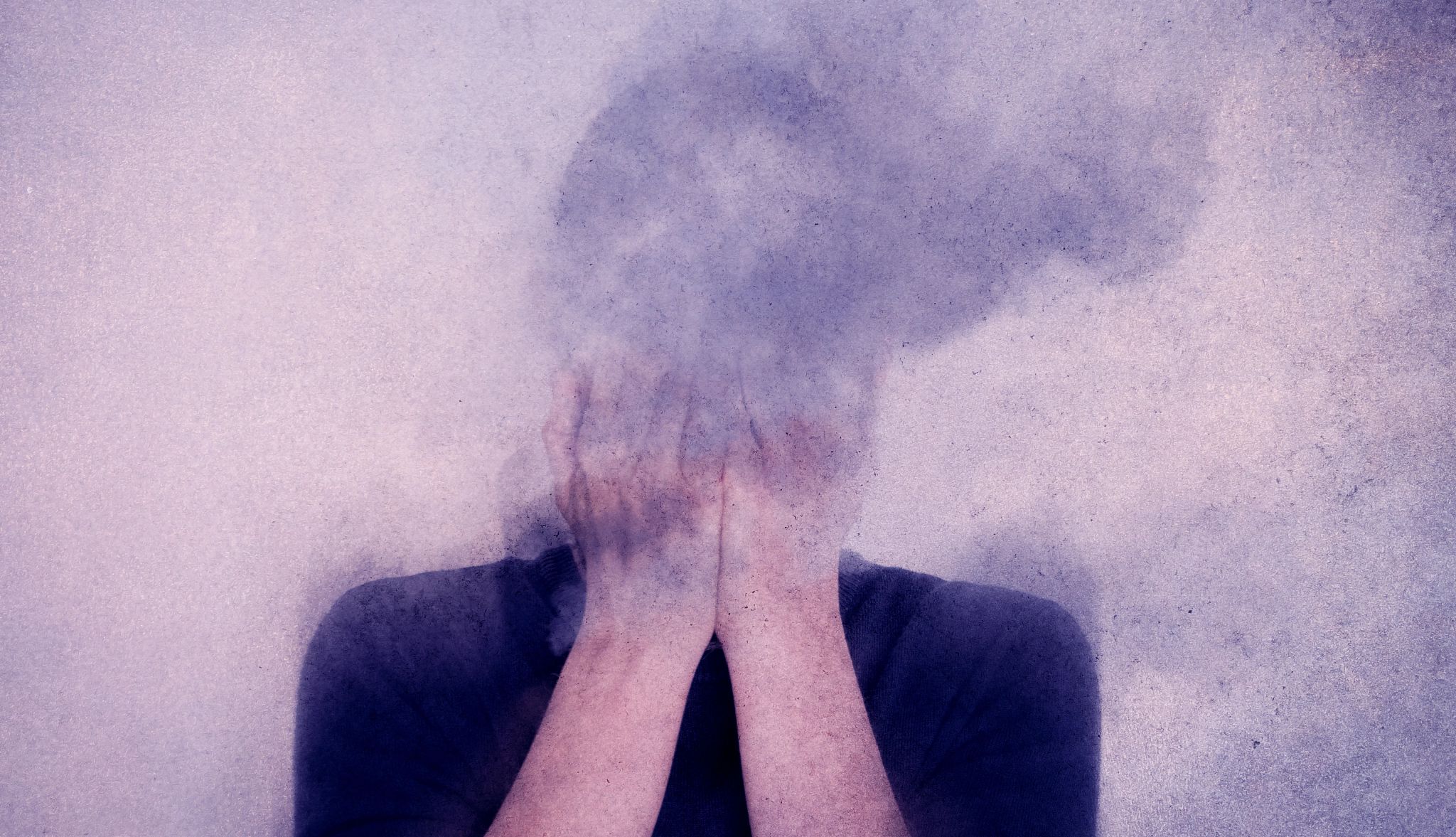AARP Hearing Center


Cori Vanchieri,


ARTICLE CONTINUES AFTER ADVERTISEMENT
You have unanswered questions. Please go back and complete those questions to finish the quiz.
ARTICLE CONTINUES AFTER ADVERTISEMENT
More From AARP
Blocking Internet on Smartphones Boosts Mental Health
When people couldn’t access the Internet on their smartphone, they filled their time with other activities
5 Ways Walking Can Boost Your Brain Health
It turns out there's a mountain of scientific evidence that indicates walking is powerful medicine for your gray matter.
25 Great Ways to Make Friends Over 50
Check out our guide to expanding your social circle and finding BFFs.